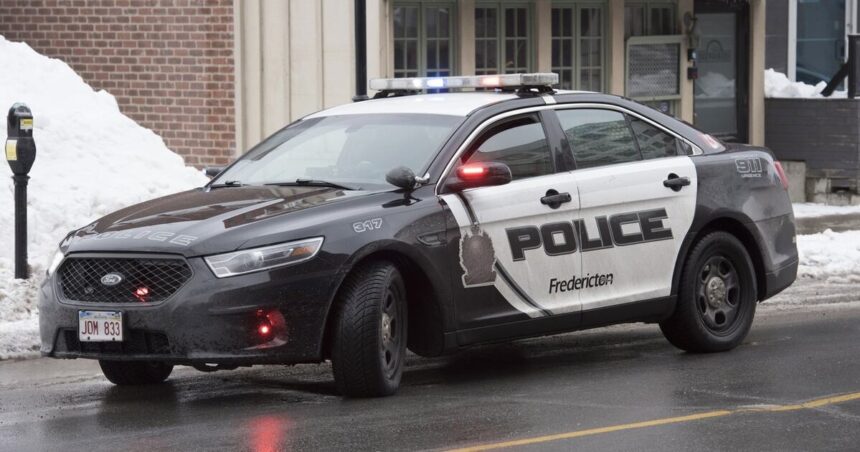In a stunning development that has sent shockwaves through New Brunswick’s judicial system, significant police errors have compromised multiple high-profile murder trials, raising profound questions about evidence handling protocols and investigative procedures across the province.
The errors came to light when defense attorneys in two separate murder cases discovered that crucial DNA evidence had been cross-contaminated during processing at the provincial forensic laboratory. This contamination went undetected for months, potentially influencing preliminary hearings and early trial proceedings.
“This represents a fundamental breakdown in the chain of custody protocols that are meant to protect the integrity of our justice system,” said criminal defense attorney Margaret Sinclair, who has practiced law in New Brunswick for over two decades. “When evidence handling errors occur at this scale, it doesn’t just affect individual cases—it erodes public confidence in the entire system.”
According to court documents obtained by CO24, the contamination affected DNA samples collected from crime scenes in Moncton and Saint John between January and March 2023. The errors were only discovered when defense-requested independent testing revealed inconsistencies that couldn’t be explained by normal procedural variations.
The Royal Canadian Mounted Police and Saint John Police Force have acknowledged the errors and initiated internal investigations. RCMP Superintendent James Blackwood issued a statement confirming that “procedural adjustments have been implemented to prevent similar occurrences in the future,” though specific details of these adjustments remain undisclosed.
Legal experts from across Canada have expressed concern about the implications. Professor Alexander Reid from Dalhousie University’s Schulich School of Law noted, “These cases highlight the critical importance of rigorous forensic standards. When those standards fail, the consequences can be devastating—both for victims seeking justice and defendants whose rights to fair trials may be compromised.”
The errors have already had tangible impacts on active proceedings. Judge Marilyn Carter granted a defense motion for mistrial in one case, writing in her decision that “the court cannot in good conscience proceed when such fundamental questions exist about the reliability of central evidence.”
The province’s Attorney General has ordered a comprehensive review of evidence handling procedures across all New Brunswick law enforcement agencies. This review will examine not only current protocols but also past cases where similar errors might have occurred but gone undetected.
For families of victims in the affected cases, these developments represent yet another painful delay in their quest for closure. “We’ve been waiting for justice for three years,” said Robert Thompson, whose sister’s murder case is among those affected. “Now we’re told we may have to start over because someone didn’t follow proper procedure. It’s devastating.”
Defense attorneys are now reviewing dozens of cases to determine if similar errors might have affected other trials. The potential implications extend beyond murder cases to other serious criminal matters where forensic evidence plays a crucial role.
As our justice system faces this crisis of confidence, we must ask ourselves: How many other cases might be compromised by similar procedural failures, and what fundamental reforms are needed to restore integrity to our forensic processes?























